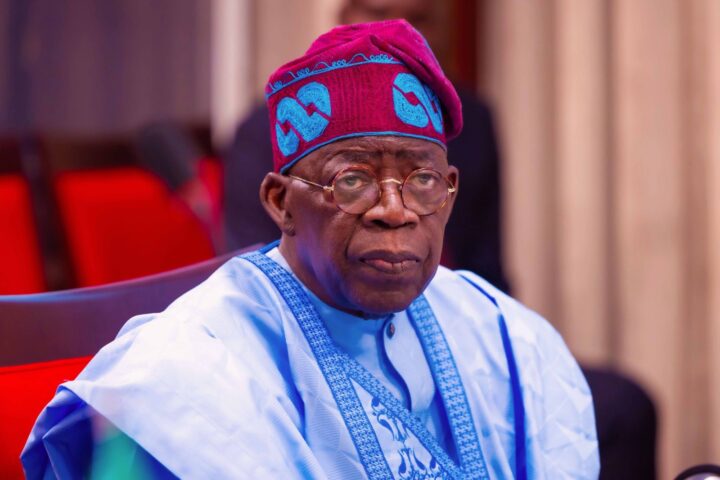The aftermath of one of the most contentious and toxic campaigns in the history of our country has placed immense pressure on the judiciary. As the nation eagerly awaits the verdicts, a concerning trend has emerged with emergency lawyers on social media offering their biased opinions on how judges should rule.
The judiciary is a cornerstone of any democratic society, and it is imperative to safeguard its independence and integrity.
In recent times, the judiciary has faced unprecedented scandalisation and bullying on social media platforms. Senior lawyers involved in the presidential elections tribunal have even written full-page newspaper columns opining on matters already before the court, a clear breach of subjudice principles. Such actions not only undermine public trust in the judiciary but also amount to an attempt to intimidate and influence the courts’ decisions.
The repercussions of such undue interference are profound. When verdicts are delivered, regardless of their nature, disgruntled parties often resort to casting doubts on the judiciary’s impartiality, alleging bribery and corruption.
Advertisement
We have a set of politicians who are bad losers. When they win, the election is free and fair. When they lose, they start changing “democracy is in danger”.
Indeed, the judiciary has not covered itself in glory in recent times The judiciary, like any institution, is not infallible, but condemning the entire institution based on specific cases is unfair and damaging.
To ensure the judiciary’s continued effectiveness, it is imperative to protect its independence. This includes shielding judges from unwarranted political pressure, media coercion, and public scrutiny that may compromise their ability to render unbiased judgments. While criticisms are essential for any institution’s growth, these should be constructive and not used to tarnish the judiciary’s reputation. Let the judiciary breathe.
Advertisement
Senior lawyers, as officers of the court, should lead by example and refrain from engaging in activities that erode public confidence in the judiciary. Maintaining decorum and abiding by subjudice principles will prevent unnecessary controversies and media frenzy surrounding ongoing cases.
A major area of concern is the judiciary’s involvement in determining election outcomes. While the judiciary has a role in ensuring the electoral process’s legality, its excessive involvement may raise questions about the democratic process’s true essence—empowering the people to choose their leaders. Instead, we must focus on addressing the underlying issues affecting elections.
One fundamental aspect of a successful democracy is politicians adhering to rules and regulations. The culture of electoral misconduct and the lack of consequences for offenders need to be addressed. Strict penalties for electoral offenders will serve as a deterrent, reducing malpractices and promoting fair competition during elections.
To minimise human interference and enhance the electoral process’ transparency, electronic voting should be considered as a viable solution. Implementing secure and reliable electronic voting systems can help prevent voter fraud, reduce election-related conflicts, and instill confidence in the democratic process.
Advertisement
Preserving the independence of the judiciary and strengthening democratic processes are paramount for the well-being of any nation. The judiciary should not be suffocated by the pressures of public opinion and media sensationalism. Constructive criticism is essential for improvement, but attempts to bully or scandalise the judiciary must be resisted.
As a society, we must remember that the judiciary is not perfect, just like any other sector in our country. Nevertheless, condemning the entire institution based on isolated incidents is counterproductive. Upholding the rule of law and respecting the sanctity of ongoing court cases is vital to maintain public trust in the judiciary.
To minimise the judiciary’s involvement in determining electoral outcomes, we must prioritise electoral reform. This includes ensuring politicians play by the rules and face strict consequences for violations. Additionally, embracing electronic voting can significantly enhance the electoral process’s transparency and fairness.
In conclusion, the judiciary’s independence is crucial for upholding justice in a democratic society.
We must collectively work towards nurturing a culture of respect for the judiciary’s autonomy and bolstering the democratic process to build a stronger and more equitable nation for all. Let the judiciary breathe.
Advertisement
Views expressed by contributors are strictly personal and not of TheCable.
Add a comment







